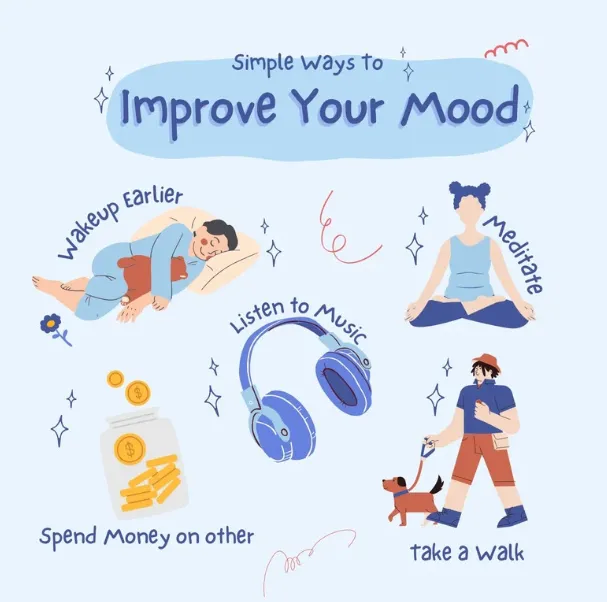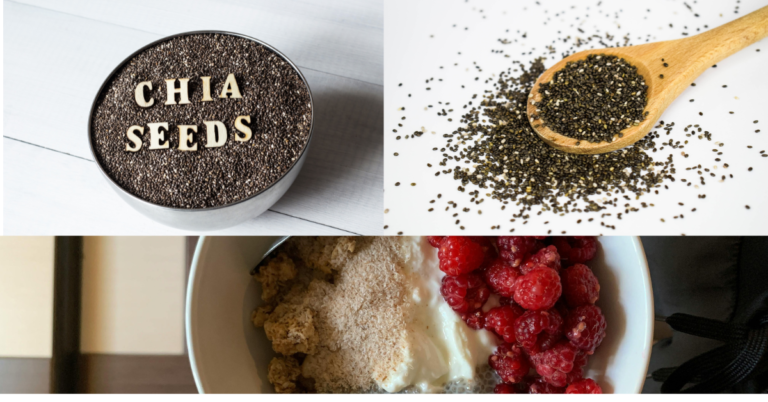Keep Your Skin Healthy
Keep Your Skin Healthy You can still pamper yourself. Basic skin care and healthy lifestyle choices can help prevent early aging and other skin issues. Get started with these five tips.

1. Protect Yourself from the Sun: Essential Tips
One of the most important ways to take care of your skin is to protect it from the sun. A lifetime of sun exposure can cause wrinkles, age spots, and other skin problems. It also can raise the risk of skin cancer.
For the most complete sun protection:
- Use sunscreen. Use a palm-sized amount of broad-spectrum sunscreen with an SPF of at least 30. Put on more sunscreen every two hours or more often if you swim or sweat.
- Seek shade. Try to stay out of the sun between 10 a.m. and 4 p.m. That’s when the sun’s ultraviolet (UV) rays are strongest.
- Wear protective clothing. Cover your skin with tightly woven long-sleeved shirts, long pants, and wide-brimmed hats. Clothes with dark colors tend to give more protection than do those with light colors. Some sun-protective clothing is made to block UV rays. You also can use laundry additives that give clothing an extra layer of UV protection for a certain number of washings.
2. Don’t Smoke: Tips for a Healthier Life
Keep Your Skin Healthy. Smoking makes skin look older and plays a part in wrinkles forming. Smoking narrows the tiny blood vessels in the outermost layers of skin. This lessens blood flow and makes skin duller. It also depletes the skin of oxygen and nutrients that are key for skin health.
Smoking damages fibers called collagen and elastin that give skin strength and suppleness. What’s more, the facial expressions that people make over and over while smoking can play a role in wrinkles. These expressions include pursing the lips when breathing smoke in and squinting the eyes to keep out smoke.
Smoking also raises the risk of squamous cell skin cancer, especially on the lips. If you smoke, the best way to protect your skin is to quit. Ask your healthcare professional for tips or treatments to help you stop smoking.
Summary:
Smoking accelerates skin aging by reducing blood flow, damaging collagen and elastin, and increasing wrinkles. Quitting smoking protects your skin and lowers the risk of skin cancer.
3. Treat Your Skin Gently: Simple Care Tips
Daily cleansing and shaving can be rough on your skin. Follow these tips for gentle skin care:
- Limit bath time. Some experts say it’s ideal to bathe for no longer than five minutes at a time. Use warm water rather than hot water.
- Don’t use strong soaps. Strong soaps and detergents can strip oil from the skin. Choose mild cleansers instead.
- Shave carefully. It’s ideal to shave after bathing when your skin is moist. To help protect your skin, put on shaving cream, lotion, or gel before you start shaving. Use a clean, sharp razor. Shave in the direction the hair grows, not against it. And rinse the razor after each stroke of the blade.
- Pat dry. After you wash or bathe, gently pat or blot your skin dry with a towel. That way, some moisture stays on your skin.
- Moisturize dry skin. If your skin is dry, use a moisturizer that fits your skin type. For daily use, try a moisturizer that contains SPF to help protect your skin from the sun.
4. Eat a Healthy Diet: Fuel Your Body Right
A balanced diet can help you look and feel your best. Eat plenty of fruits, vegetables, whole grains, and lean proteins. Fresh fruits and vegetables may be especially helpful at preventing damage that can lead to early skin aging. Drink plenty of water to help keep your skin hydrated too. Limit foods and drinks with added sugar, processed snacks, and other refined carbohydrates. Some studies suggest that a diet high in refined carbs stripped of nutrition can speed up aging.
The connection between diet and acne isn’t clear. But some research links acne with drinking lots of milk or eating lots of processed foods that raise blood sugar quickly. Limited research suggests that nutrients such as fiber and omega-3 fats show promise at helping control acne. But more studies are needed to be sure.
Summary:
A balanced diet with fruits, vegetables, lean proteins, and whole grains promotes skin health, while limiting refined carbs and sugar may prevent early aging. Omega-3s and fiber might help with acne, but more research is needed.
5. Manage Stress: Simple Tips for a Calmer Life
Too much stress can make skin more sensitive and trigger acne breakouts and other skin conditions.
To boost your chances for healthy skin and a healthy state of mind, take some steps to manage your stress:
- Get enough sleep.
- Add more movement into your day, such as taking a brisk walk.
- Scale back your to-do list.
- Try meditation or yoga.
- Make time to do the things you enjoy and see the people you care about.
Layers of Skin
There are medical terms for various parts of your skin. Here’s a rough guide to what those terms mean.
Stratum corneum: The outer layer of dead skin
The stratum corneum contains dead skin cells that have been shed from the epidermis. Using facial scrubs and some other skin products helps remove or thin this layer.
Epidermis: The outer layer of the skin
The epidermis is the thinnest layer of your skin, but it’s responsible for protecting you from the harsh environment. The epidermis has five layers of its own. It also hosts different types of cells. Keratinocytes produce the protein known as keratin, the main part of the epidermis. Melanocytes produce your skin pigment known as melanin. Langerhans cells prevent foreign substances from getting into your skin.
Collagen in Skin
Collagen is found in the dermis and is the most abundant protein in the skin, making up 75% of this organ. Often referred to as the “fountain of youth,” collagen wards off wrinkles and fine lines. Over time, environmental factors (such as air pollution) and aging diminish your body’s ability to produce collagen and can also break down existing collagen.
How to improve skin collagen
Take collagen. A review of studies on collagen and the skin suggested that collagen, either taken orally as a supplement or applied topically as a cream, helped improve skin elasticity, reduce wrinkles, and increase hydration.
Get enough vitamin C. The vitamin is necessary for your body to make collagen. It also acts as an antioxidant, protecting you from free radicals. Free radicals are compounds that damage cells and are linked to aging and some diseases. You get vitamin C from citrus fruits and juices, red and green peppers, broccoli, and strawberries. Adults should get about 75-90 milligrams per day.
Protect your skin. Too much exposure to UV radiation (from sunlight) is bad for your skin. Experts note that the parts of your body regularly exposed to sunlight (face, arms, neck) tend to show more visible signs of age than other body parts. Wear sunscreen and sunglasses regularly and cover up those body parts that often get exposed to the sun.
Elastin in Skin
When you hear the word elastin, think elastic. This protein is found with collagen in the dermis and gives structure and support to your skin and organs. As with collagen, elastin is affected by aging and environmental factors. Lower levels of this protein cause your skin to wrinkle and sag.
How to increase elastin in your skin
Wear sunscreen. The sun damages the elastin in your skin over time.
Use retinoids. These come from vitamin A and are often found in anti-wrinkle creams. Retinoids stimulate the production of collagen and improve skin elasticity by removing damaged elastin fibers and enhancing the production of new ones. Foods containing high amounts of vitamin A, such as beef liver, sweet potatoes, spinach, and carrots, also help your skin health.
Try light therapy. Studies show that low levels of red light and infrared light stimulate the production of collagen and elastin.



